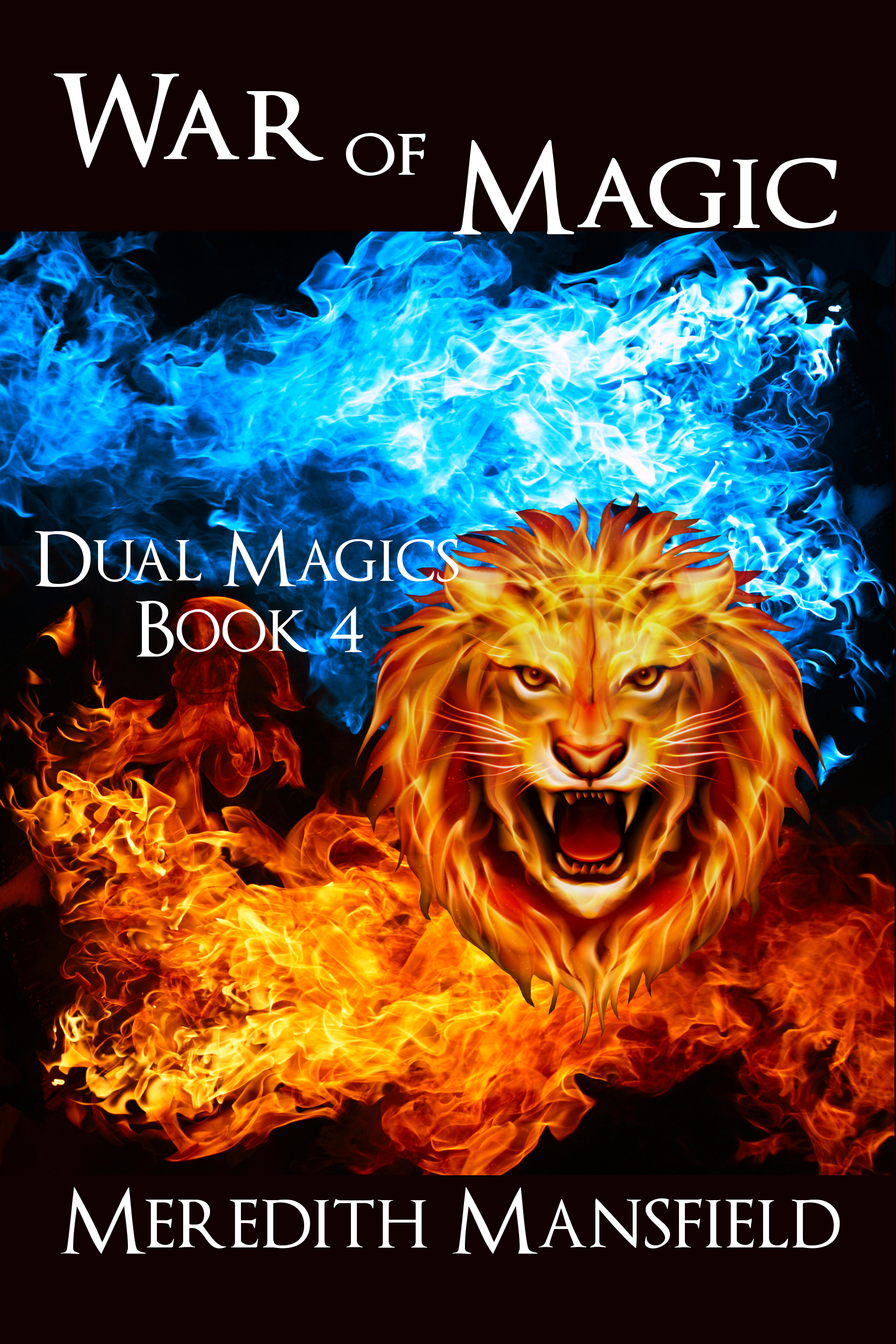Sometimes it can be a little challenging to come up with blog topics while in the middle of revisions. After all, there’s only so much you can say about the revision process without boring everyone. Even I sometimes get a little bored during revisions. And when that happens, I look ahead to my next project.
My next project, an expansion of my short story “The Bard’s Gift”, will most likely be alternate history. (I could choose to just make it second world and make everything up to suit myself, but I don’t think I will). That means that my next task, which I can start now, is research.
This story will be young adult alternate history. Hey, if Scott Westerfeld can do it with LEVIATHAN and BEHEMOTH (which I loved. Can’t wait for GOLIATH to come out this fall), why not?
Alternate history changes some events from history, but not everything. So, I need to research how my characters would live–what kind of dwelling would they live in, what kind of food would they eat, what kind of clothes would they wear, and so on. I also need to know the real history, so I can make rational choices about the events that I’m changing.
Another thing I’ll be researching is events occurring elsewhere in the world at about the same time, because I just might choose to bring in a couple of those things, too, as part of my plot.
Ideally, the more things I learn in this research, the more ideas I’ll get to add depth and conflict to the story. I’ve done some research already, but I’m going to need to start a research file to organize all of it.







